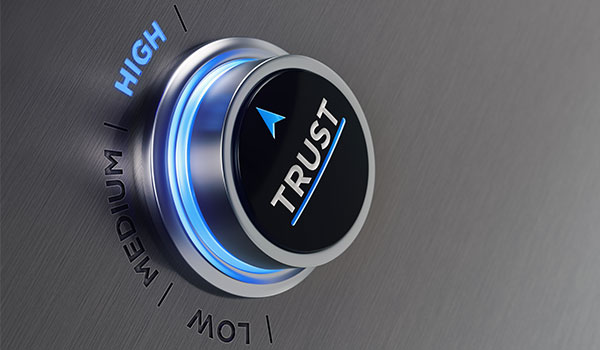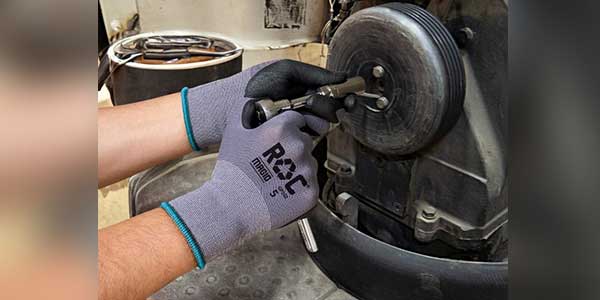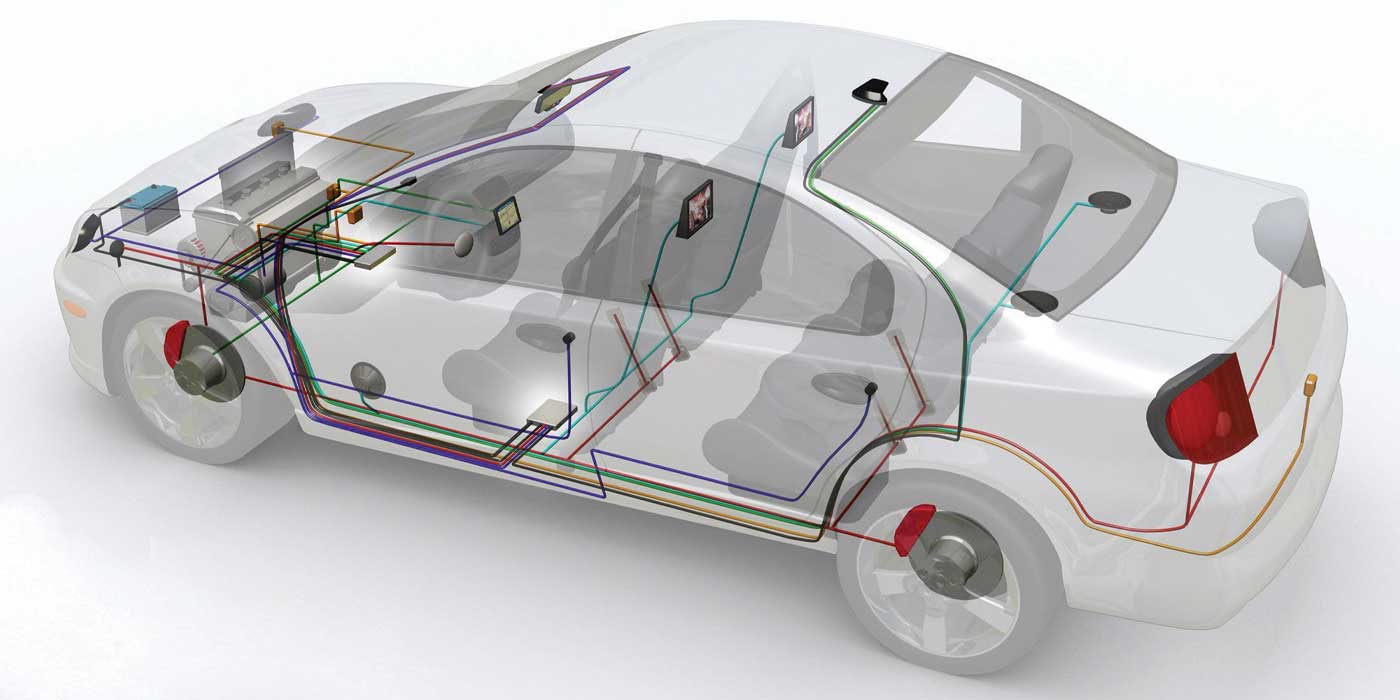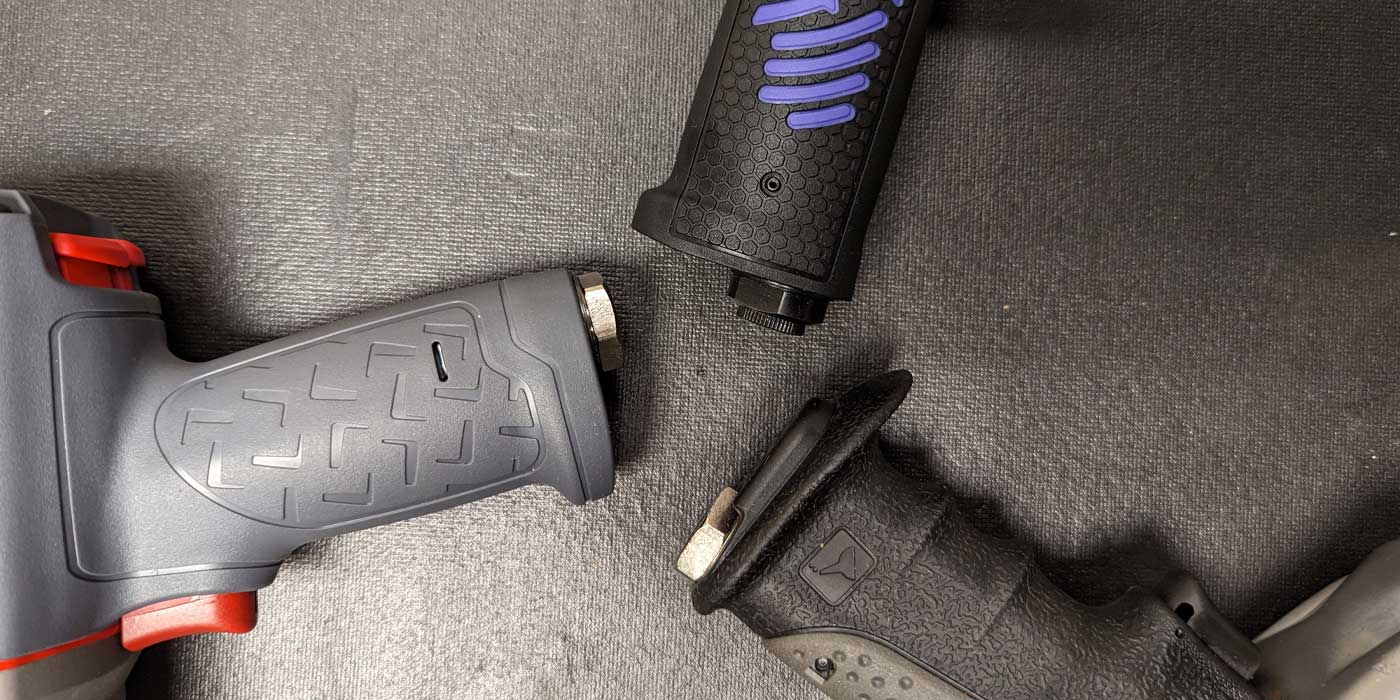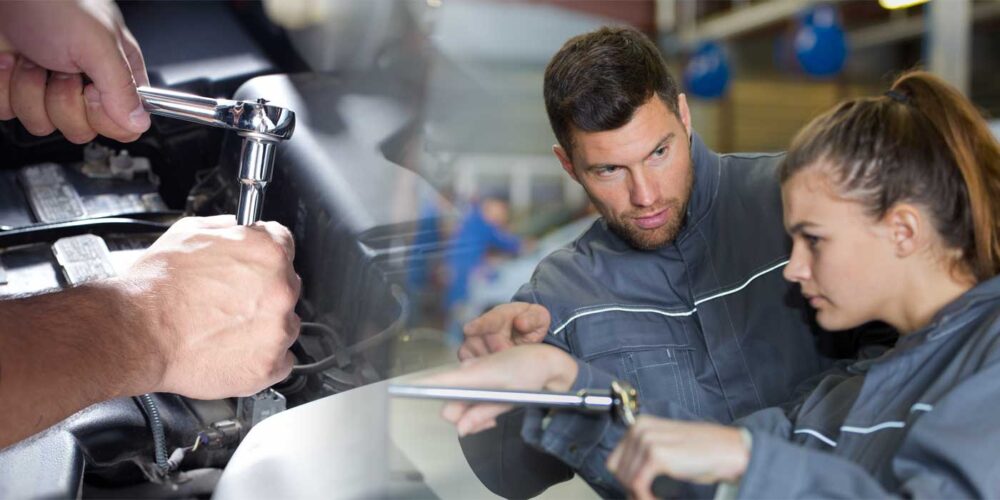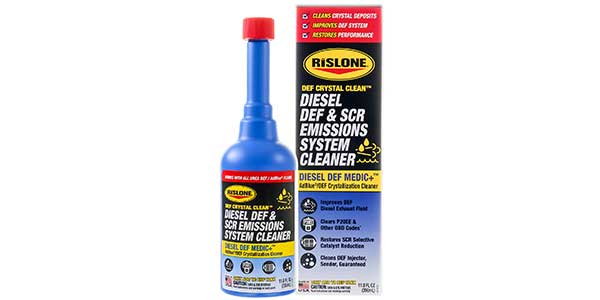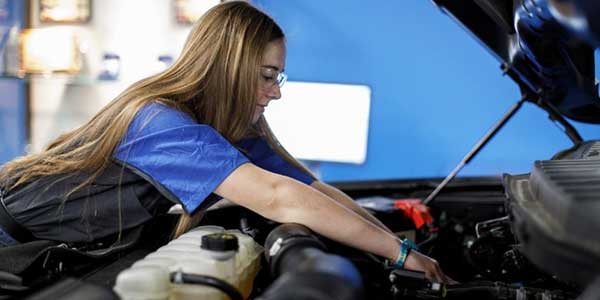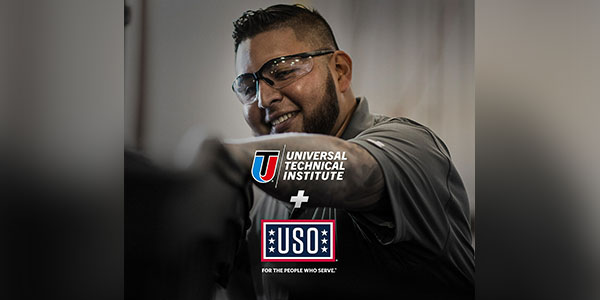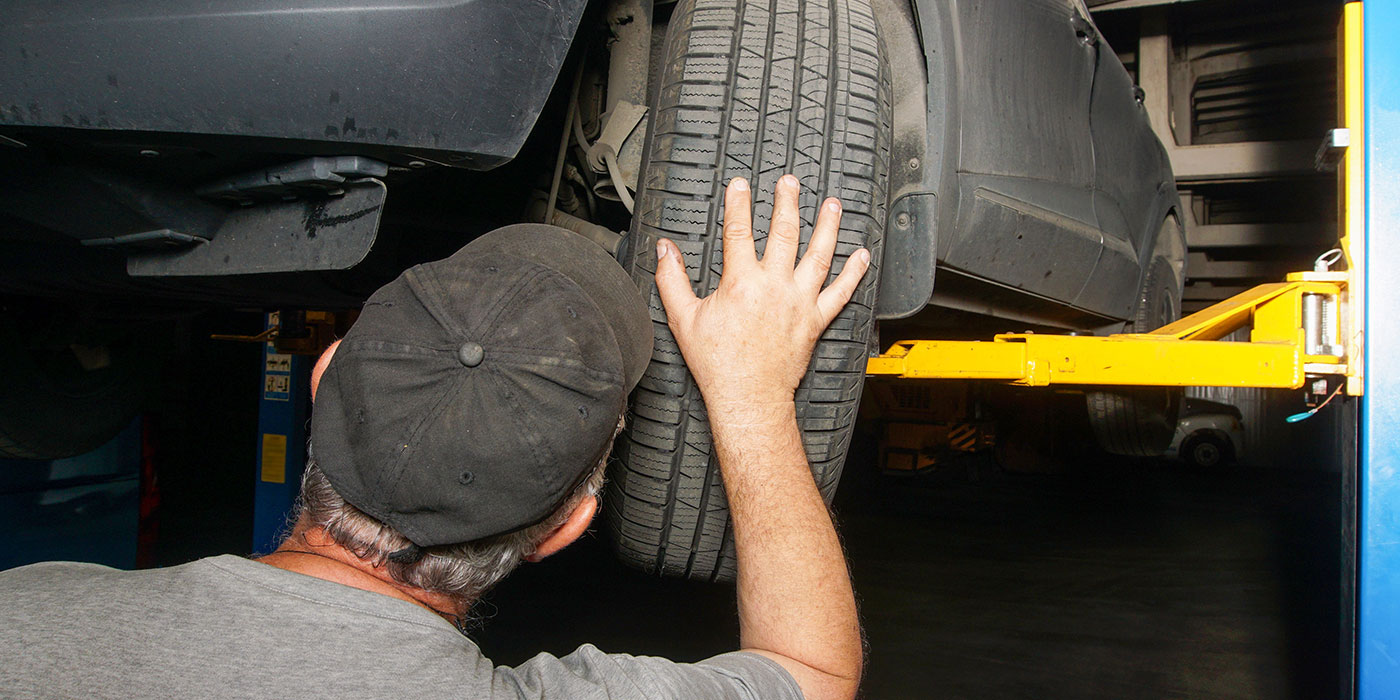By Victor Broski
Our technician was finishing with a check engine light diagnosis when he asked, “What does the customer want to do?” I thought, “I don’t know, I haven’t told them yet.” Then, I realized that I tell my customers what to do. They trust me.
This trust is built on a relationship I’ve established. We’re friends dealing with friends. I know about them, their work issues, their family, vacations, interests, etc. We talk. We become friends. Fixing their car is almost secondary.
I know what is best for them to fix their current problem or scheduled maintenance, the additional maintenance they will need in two or three months, and what can wait until their next service. I let them decide the middle ground. They love having the control of that decision, and often say yes to the additional maintenance.
But, this process only comes with a real connection, not a fake smile then a back to your desk type of relationship. You have to give them time, not squeeze them in. You have to look at them. You have to listen to their stories, not tell a better one.
Once you have this relationship, it’s a simple, safe phone call to approve this service. The call is delivered as if they’ll say yes, because it’s practically guaranteed since you aren’t selling them anything.
How? Service writers don’t “fix” people; we work with their quirks. And we all have quirks. We guide them to make the best decision for their car, themselves and their pocketbook — and, of course, at a good profit for the shop. We can’t do all that without making a profit. Customers know that.
Before dialing the phone, clear your head of any issues at the shop. Rehearse your cheerful opening sentence. Then say something like: “I’ve got some news on your car. Let’s come up with a plan on what to do. Your car needs this, this and this to fix the _______. Here are some things we could do now or in two or three months, and some things to do next service.” (Technically the “next service” stuff shouldn’t affect your approval percentage.)
As a service writer, I am fun and funny, while being informative and taking care of their spending. The goal is for them to feel safe, since they trust me.
Getting customer approval through the “Safety and Value” approach is old school. It borders on high-pressure sales. Nobody wants to be sold.
First, let’s look at safety. I did a search on the causes of car crashes. Of the four top 10 causes lists, maintenance was only on one list, and at the bottom. The rest of the top crash causes were due to driver error. So what is the safety angle?
Value? The car is worth (about) the same after a tuneup. Or a brake job. Even after four new tires. However, yes, their car is worth more, and it will sell easier, with a pile of maintenance records.
Believe it or not, the customer wants to know the current and future needs of their car. Knowing this information can better help them plan for it. Nobody wants financial surprises. They are just hoping your call is not bad news. Truth is, none of it is bad news. It’s just news. Oh, and you aren’t the bad guy in the news about their car. You are the car detective, discovering the clues of the car. The car is telling you what’s wrong with it after the customer drove it for X-thousand miles.
If you give them the complete list of repairs and press them to do them all, you’ve overlooked human nature; you’ve taken away their choice. They need to say no to something. You just became a machine: a money-sucking machine, not a person, not a friend. If I were them, I’d say no too.
The same theory can be applied to the price shopper calling to price a certain repair. Current thought says not to quote or diagnose over the phone, but to get them into your shop for an accurate diagnosis. Where’s the trust? They have no idea who they are dealing with. This is the time to build a relationship through your friendliness, caring and car knowledge. People buy from whom they know, like and trust.
While this approach may seem to take longer, the friendship goes a long way in softening or lessening any future misunderstanding or comeback issues, saving you out-of-pocket expenses to make it right.
If you work to build the trust and relationship parts of the interaction, to become their ‘car detective,’ and to help the customer understand and plan for car needs, you will grow more long-term business for your shop. Stop focusing on the value and safety slant, move forward from persuasion techniques and start building trust.
Getting into the Right Mindset
What the customers KNOW:
- They KNOW a shop needs to make money
They know you need money to stay in business, to buy new tools, new scanners, update existing scanners, insurance, retirement, etc. It’s as if they expect your other customers to pay their way. Or, for you to pay for part of it. Don’t let that happen to you. Don’t let them grind you. Do you want to put your customer’s daughter through college or your daughter?
- They KNOW their car needs maintenance
I had a customer say this to me as he was paying his high bill: “It’s part of owning a car.” I thought, “Wow! I should have been saying that to him, not the other way around.”
- They KNOW cars sometimes break — and need fixing
Vehicles wear out, just like everything else.
- They KNOW nobody asks them to take a smaller paycheck
“Hey, we put on a sale this week. Can we write you a smaller paycheck?” Can you imagine?!
They work to get paid — you work to get paid. That’s fair.

